
Health
-
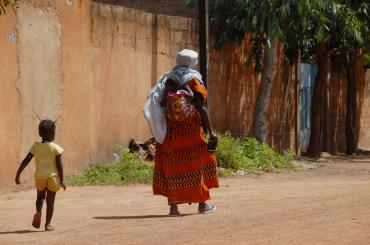
Free contraception had no impact on birth rates in Burkina Faso
Providing free access to all modern contraceptive products for three years in local public health centres in rural Burkina Faso had no detectable effect on birth rates, suggesting that fertility levels are in line with how many children families want to have.
-

How do fathers influence early childhood development? Insights from low- and middle-income countries
What role do fathers currently play in parenting young children in low- and middle-income countries? What difference would it make if they did more?
-
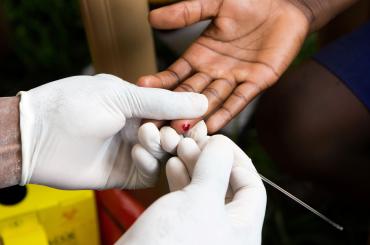
People don’t realise the social stigma around HIV/AIDS is falling… So let them know!
A new experiment in Mozambique found that the social stigma attached to HIV has been falling, but people do not tend to realise it. A simple message that informed individuals of their communities’ true (low) degrees of stigma substantially increased HIV testing.
-
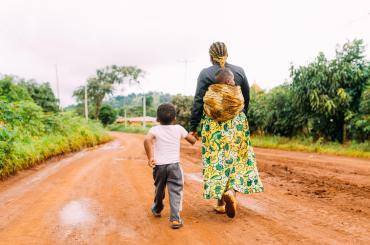
How development programmes impact fertility rates in Africa
New causal evidence shows boosting African women's income and wealth increases fertility, particularly among women without a son, suggesting that this fertility increase is a means to safeguard long-term economic security.
-

Depression and loneliness among the elderly in low- and middle-income countries
Are the elderly more likely to be depressed? How does depression impact the lives of seniors?
-

The Green Revolution and the rise in chronic disease
The Green Revolution dramatically altered the agricultural and dietary landscape in India. While calorie availability increased, reduced dietary diversity had adverse long-term health impacts, meaning the overall impact is only now being understood.
-
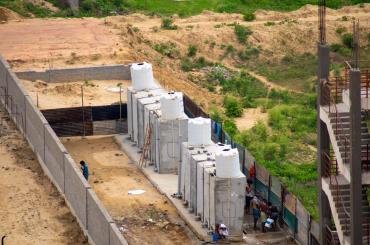
Policy lessons from new advances in sanitation economics
To effectively improve sanitation in low-income areas, policy must address a number of key issues, including credit market failures, environmental externalities, social preferences and low public sector capacity
-
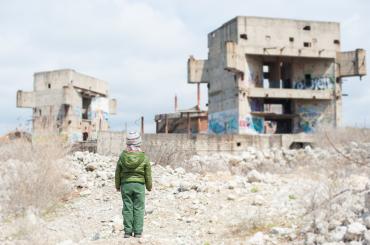
Witnessing violence during pregnancy worsens children’s health in conflict zones
Evidence from Iraq demonstrates that exposure to violence before birth, and the associated stress experienced by mothers, is linked to significant developmental challenges for children, shedding light on similar issues faced in other conflict zones.
-
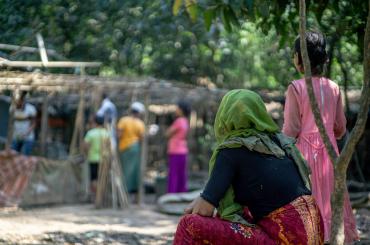
Healing in crisis: Investing in women’s mental health and child development in refugee camps has huge benefits
A low-cost play-based programme for refugee mothers and their children in Rohingya refugee camps in Bangladesh was remarkably effective at improving mental health and wellbeing